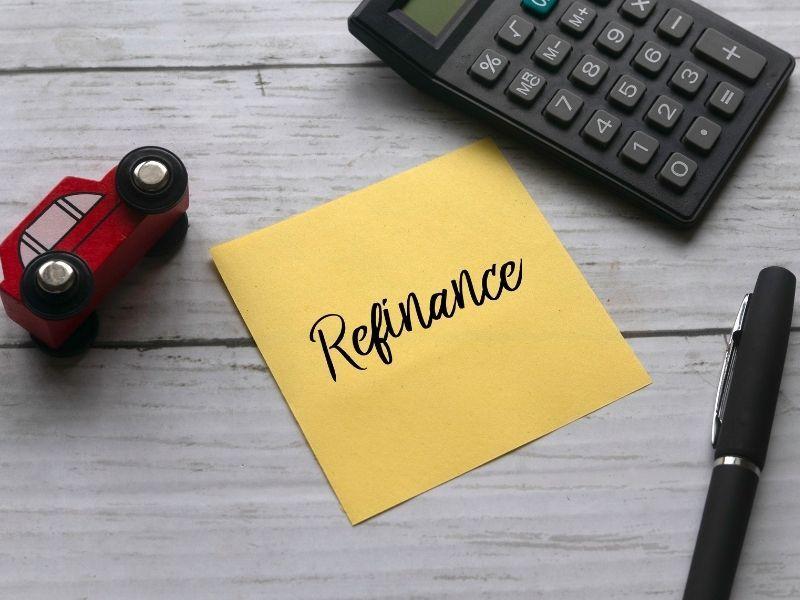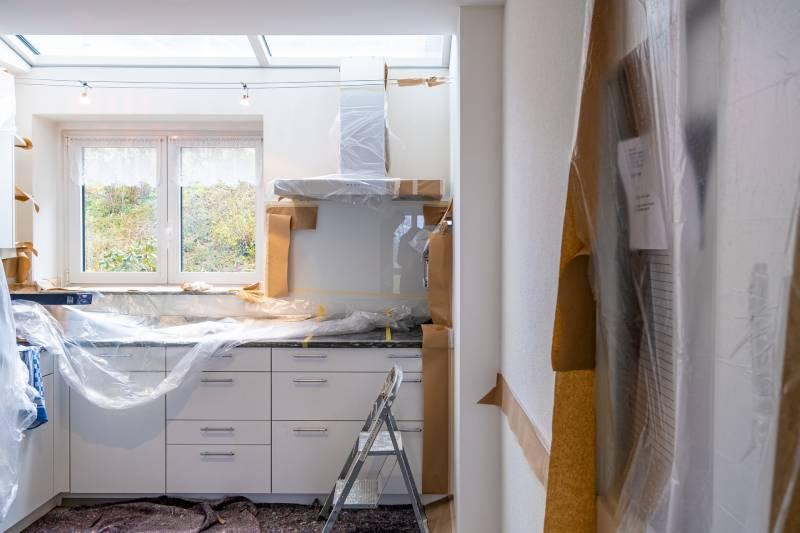Demand for Refinancing Ignited by Mortgage Rate Decline
Where are current mortgage rates?
Is it too late to refinance? At the time of this writing and likely well into the future, the answer is no. 30-year term, fixed rate mortgages are around 2.8% according to a Freddie Mac survey of mortgage lenders. That is near all-time lows and has led to a boost in refinance applications.
As coronavirus continues to linger and then some, institutional investors remain uneasy about the economic future. That usually means lower interest rates. Mortgage rates tend to follow the 10-year treasury yield, which tends to drop when investors get spooked. Covid infections are rising as the CDC reports less than half of America is fully vaccinated. As this trend continues, don’t expect mortgage rates to make any kind of significant move upwards.
Is it worth it to refinance?
We’ve previously covered the cost to refinance and other factors to consider when contemplating refinancing. Everyone’s situation is different, and if you aren’t sure, speak with a mortgage lender about your options. Approximately 67% of all mortgage activity last week were refinance loans, so lenders are prepared and focused on handling your request. A good mortgage lender should give you an honest assessment of the benefits of refinancing given your particular situation.
If you’d like a head start prior to speaking with a loan officer, a refinance calculator will help with estimated payments and break even points.
What does a boom in refinance applications mean for me?
When refinance demand pops, lender resources are tested. Specifically, the people power needed to originate, process, and close a mortgage loan is finite. If demand outweighs that supply, long waits to close and frustrated borrowers become byproducts. Patience is always a virtue, but especially when refinancing during a low rate application boom. Be realistic with your expectations and understand that the folks at the mortgage company want your loan to close, too. It’s how they get paid.
Should I wait for rates to go down before I refinance?
Yikes. Predicting the future is impossible and often futile. If you’re happy with the deal your lender has presented, your savings begin as soon as you close. How low do rates need to be to make up for the excess you’ll continue to pay by not refinancing? Anyway, if rates go to zero in a few years, you can always attempt to refinance again.
Comparing mortgage rates and speaking with a lender or two about your options is easy enough, so consider your current mortgage and how much you might save by joining the masses in refinancing.







